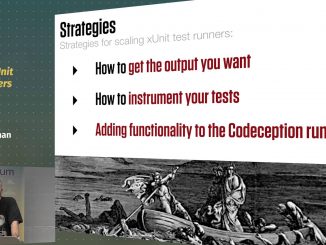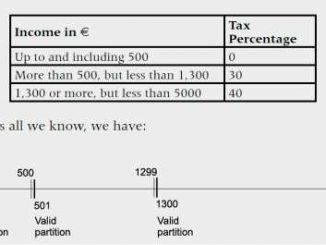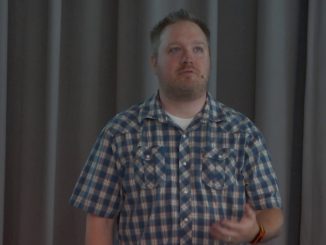Tutorials and resources on how to apply unit testing in software testing
doctest is a fully open source light and feature-rich C++98 / C++11 single-header testing framework for unit tests and TDD. It is inspired by the unittest {} functionality of the D programming language and Python’s docstrings. Tests can be considered a form of documentation and should be able to reside near the production code which they test. This is not possible (or at least practical) with any other testing framework for C++.
xUnit test runners are one of the basic capabilities of rapid iterative development practices such as Continuous Integration and Test Driven Development. This presentation explores how test runners are generally implemented in modern programming languages like PHP, JavaScript and Ruby.
Unit testing and Test-Driven-Development (TDD) are an important part of every Agile software testing strategy. One of the issue associated to these techniques is the coupling between the source code and its tests. In his blog post, Tingan Ho presents a testing strategy, called Baseline Testing, that should solve the coupling issues with TDD.
Equivalence partitioning is a software testing technique that can be used during test design to divide the test data into sets of equivalent data called partitions from which you can build your test cases. In this extract from her book “Guide to Advanced Software Testing”, Anne Mette Hass provides an introduction to the concept of equivalence partitioning.
Even if they are at the basis of the software testing pyramid and they are at the heart of the Test-Driven Development (TDD) approach, unit tests are still a controversial topic in software development and some people event consider that most unit testing is waste. In his blog post, Bas Dijkstra explains why he thinks that unit testing should be the basis of any solid automation strategy.
Even if C++ is less “trendy” that current web development languages like JavaScript, it is still a fundamental technology for many embedded software development projects. In his article, Diego Dagum provides some basic principles of testing in C++.
Not all bugs are created equal. Sometimes quirks in the programming languages we use are to blame, and finding them has often stumped even the best programmers and testers. This talk explores the quirkier side of software testing by showing some hand-picked examples from many of the languages used everyday. Finally it will challenge you to try and guess the quirk as it presents a series of oddball examples found in languages such as C, Java, Objective-C, PHP, and everyone’s favorite – JavaScript.






